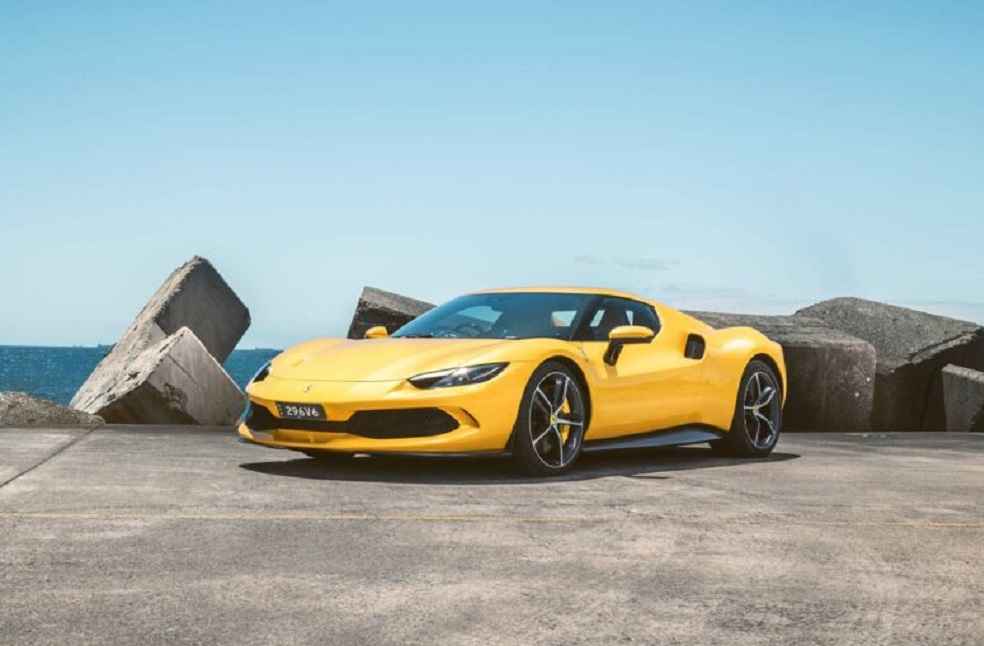Traditionally a peak month for upscale vehicle transactions, Israel’s December luxury car sales have taken an unexpected detour from the anticipated surge in purchases. This shift underscores a broader narrative of economic caution that permeates realms previously considered immune to downturns, like the luxury car segment.
Historically, the final month of the year Israel has been synonymous with a spike in luxury car sales, supported by elaborate marketing strategies from dealers aiming to capitalize on consumer desires for the newest models. This trend, particularly pronounced with premium brands such as Mercedes, which enjoyed a place among top sellers, has seen a dramatic reversal. Recent reports indicate stark sales declines for luxury stalwarts like Mercedes, BMW, and Volvo, far outpacing the sector’s average downturn.

Interestingly, amidst this downturn, Chevrolet’s luxury electric smart model has emerged as a beacon of success, quickly selling out its inventory. This signals a potentially shifting preference towards electric vehicles (EVs) within the luxury market, reflective of a global trend towards sustainability and eco-conscious purchasing decisions.
The contraction within Israel’s luxury car market exemplifies broader global economic uncertainties. The previously facilitating low-interest environment for the luxury car boom has been supplanted by rising rates, rendering high-end vehicle ownership less attainable for many. This new financial landscape not only dampens the December sales fervor but signals a cautious approach from buyers wary of flaunting wealth amidst widespread economic strain.
The challenges facing the luxury car market resonate globally, influenced by supply chain disruptions, increased production costs, and geopolitical tensions. Coupled with a shift towards sustainability and electric vehicles, these issues present challenges and opportunities for luxury car manufacturers.

The transition towards electric vehicles, exemplified by the success of models like Chevrolet’s electric smart car, illustrates growth potential in this sector. Yet, this shift requires significant investment in technology and infrastructure, which may prove daunting for some manufacturers. Additionally, the rise in interest rates poses a challenge, contributing to the slowdown in luxury car purchases as consumers adopt a more financially conservative stance.
For market analysts and potential investors, the dynamics of the luxury car market in Israel offer insights into the challenges and opportunities facing the global automotive industry. Monitoring economic trends, consumer preferences, and technological advancements will be crucial in navigating the evolving landscape of luxury car sales.
AUTO TECH | Nio Unleashes Humanoid Robots: Pioneering a New Era in EV Manufacturing





